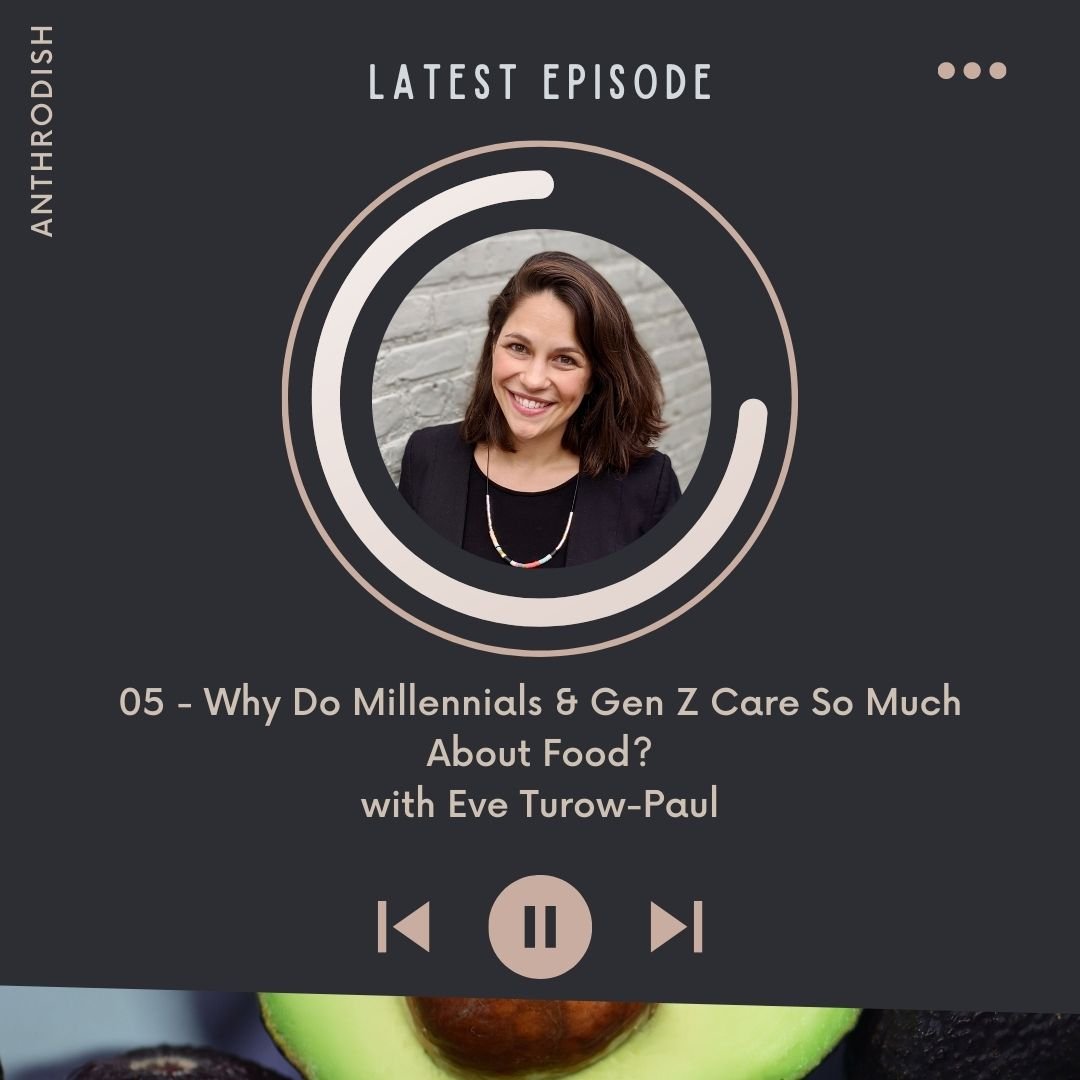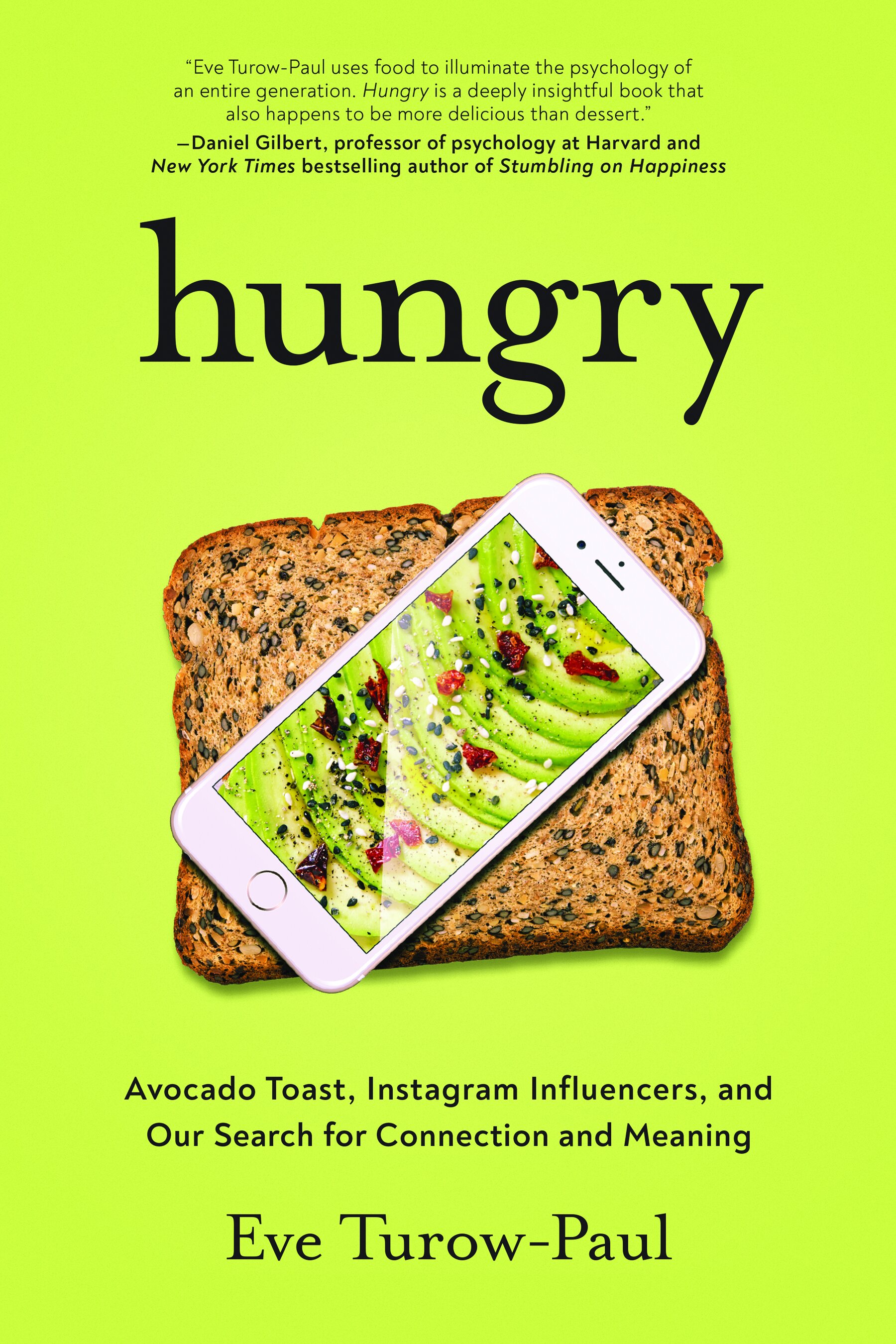“Millennials have the highest rates of depression, loneliness, stress. When you look at Gen Z, it’s high rates of perfectionism. These emotional ailments are influencing our relationship with food culture, technology is making us less productive... taking us away from our in-person communities, and from our connection to nature and our own bodies. Food is this amazing conduit to what makes us most human. I’m holding back on calling the Foodie Movement a cry for help - but it kind of is! ”
By now, we’ve all heard the jokes about how millennials can’t afford to buy homes because we spend all our money on avocado toast, and have felt the generational divides around class, race, and gender through these prolonged boomer analogies with food. But when you put the jokes aside, a complicated picture of why younger generations care so much about food starts to arise.
My guest this week, Eve Turow-Paul, is here to explore this in more detail with me. Her recent book, Hungry: Avocado Toast, Instagram Influencers, and Our Search for Connection and Meaning came out during the height of the pandemic, and explores the ways our food behaviours and emotional states interconnect in the digital age. Eve is a writer and the founder and Executive Director of Food for Climate League. Through her writing and non-profit work, Eve focuses on explaining the “why” behind food and lifestyle trends, and helps companies use food culture as an avenue for physical, mental, and environmental health.
Eve is on the show today to break down some of the biggest motivatiors behind millennial and Gen Z food trends (and whether you see differences in how we relate to and through food), and how we can navigate our digital selves and our loftier aims of reconnection to nature in more digitized, isolated landscapes.
Learn More About Eve:









